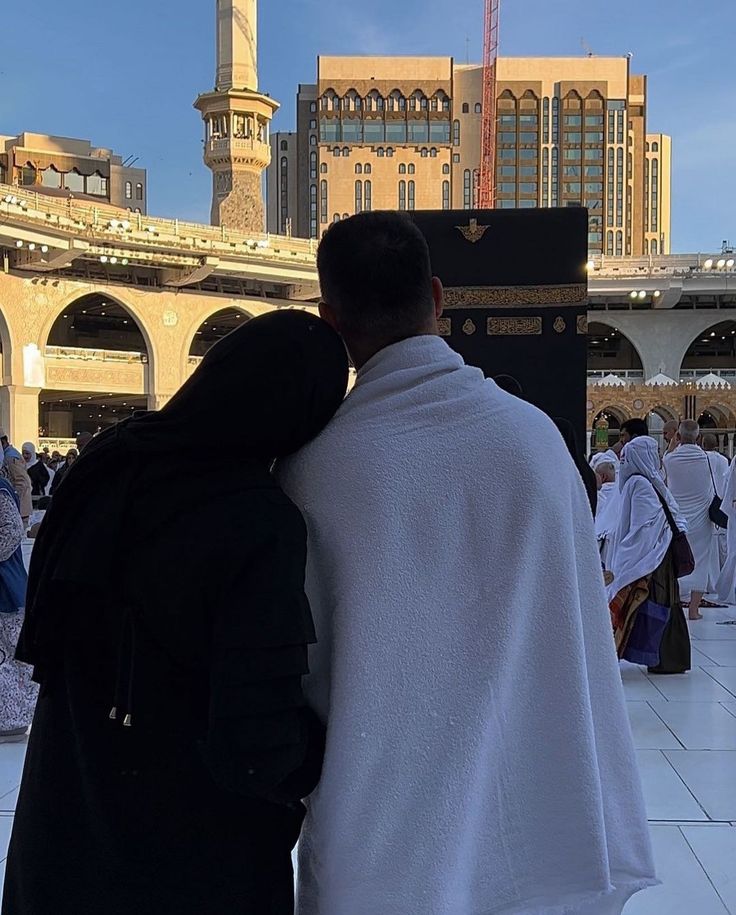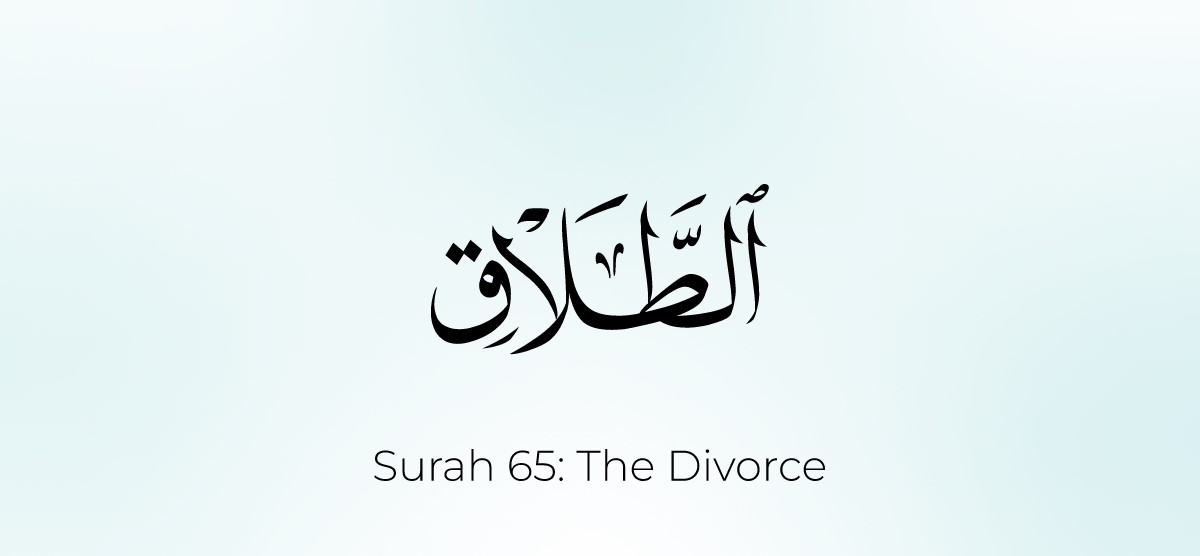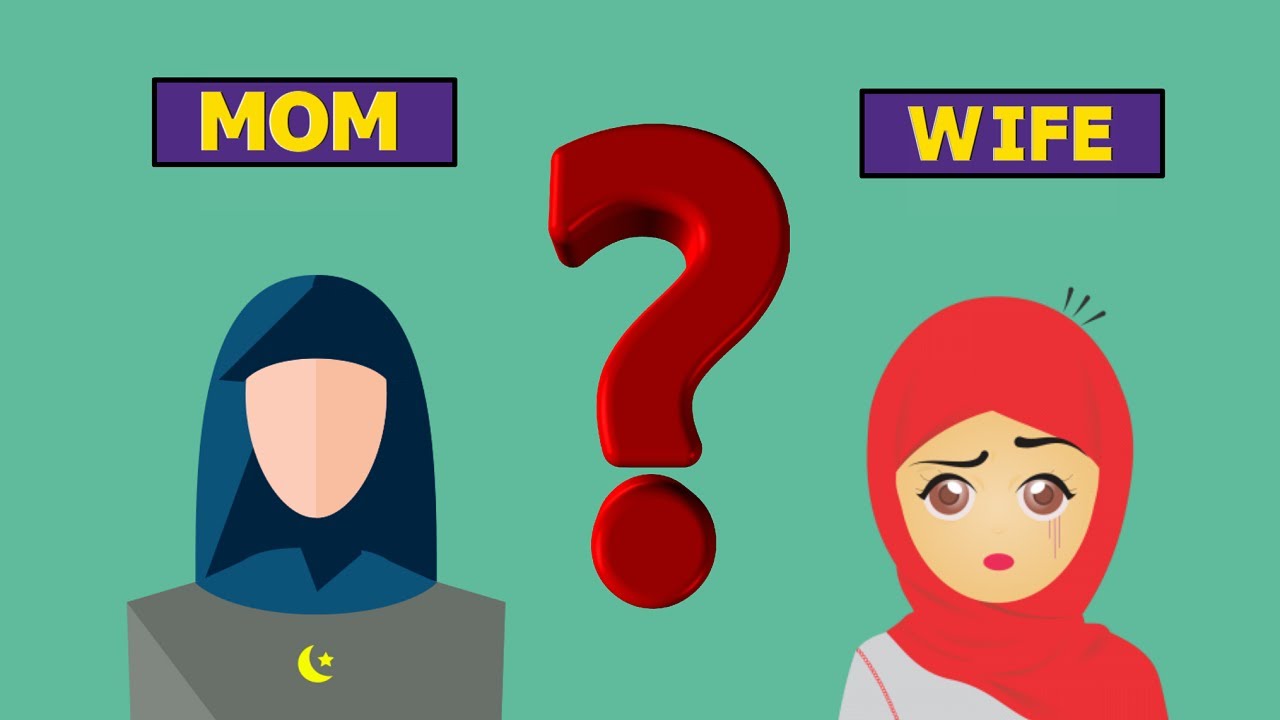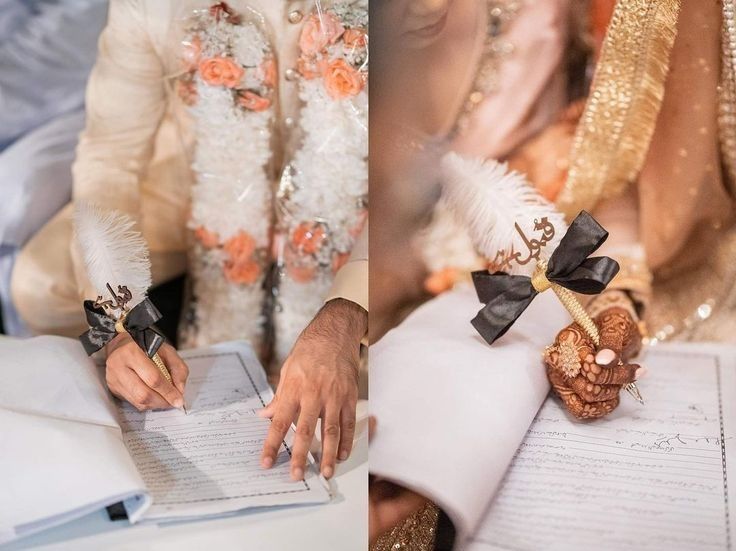· Syed Aas · Islamic · 6 min read
The Sacred Union : Understanding Nikah in Islam
In Islam, marriage or Nikah is more than a legal contract; it is a divine bond grounded in mutual love, respect, and understanding, as ordained by Allah.

In Islam, marriage or Nikah is more than a legal contract; it is a divine bond grounded in mutual love, respect, and understanding, as ordained by Allah. The Quran states: -
And of His signs is that He created for you from yourselves mates that you may find tranquillity in them, and He placed between you affection and mercy. Indeed, in that are signs for a people who give thought.”
[Qur’an 30:21]
Prophet Mohammed (PBUH) described Marriage as a sort of worship by which the husband and wife can get closer to their Creator, and gain countless rewards. He (PBUH) described marriage as half the religion!
Allah says: ‘And women have rights equal to their obligations in accordance with what is fair. And men have a degree over them, for Allah is Almighty, All-Wise.’
[Qur’an 2: 228]
Conditions for a Valid Marriage in Islam:
- Consent : Islam requires free and mutual consent of both the parties (bride and the groom). The Prophet Muhammad (PBUH) nullified forced marriages, affirming the importance of personal choice.
- Witness : Two witness is required to validate the marriage.
- Proposal and Acceptance : The marriage process begins with an offer (Ijab) made by one party and acceptance (Qubul) by the other, ideally in a single meeting.
- Mahr : The groom must provide a mandatory gift to the bride, as a symbol of respect and commitment.
Marriage in Islam is a partnership, where both spouses support and uplift one another, creating a foundation for personal and spiritual growth. Both husband and wife have a certain right that they are expected to fulfil as a part of harmonious relationships.
Rights of a Wife in Islam:
1. Right to Kind Treatment
In Islam it is obligated to treat the wife with kindness, respect and love. The Quran states: -
And live with them in kindness. For if you dislike them—perhaps you dislike a thing and Allah makes therein much good.
[Quran 4:19]
This verse emphasizes that even if differences arise, the husband must act kindly and with patience, reflecting the values of mercy and understanding in the marriage.
2. Right to Financial Maintenance
In Islam it is obligated to provide for wife’s needs including food, clothing, housing, and other necessities, in accordance with his means. This responsibility is irrespective of the wife’s wealth or personal income. The Quran states: -
Men are the protectors and maintainers of women, because Allah has given the one more (strength) than the other, and because they support them from their means…”
[Quran 4:34]
This verse establishes the husband’s financial duty towards his wife as a fundamental responsibility.
3. Right to Seek Divorce
In Islam the wife has right to seek divorce(khula) if the husbands fail to fulfils his obligation. The Quran states: -
And if you fear that they will not keep within the limits of Allah, then there is no blame upon either of them concerning that by which she ransoms herself…”
[Quran 2:229]
This verse establishes the wife’s right to request divorce under justifiable circumstances.
4. Right to Protection from Harm
A wife has the right to be protected from any form of abuse—physical, emotional, or psychological. Islam strictly prohibits harming others, particularly one’s spouse. The Quran states:
Do not retain them (your wives) to harm them so that you transgress. And whoever does that have certainly wronged himself…”
[Quran 2:231]
This verse warns against abusive behaviour in marriage, urging fairness and kindness
5. Right to Emotional Support and Intimacy
A wife retains her individuality and personal rights after marriage, including the freedom to own property, work (if agreed upon), and make personal decisions. The Quran states: -
…To men belongs a share of what they earn, and to women a share of what they earn…
[Quran 4:32]
This verse affirms a woman’s right to her earnings and property, independent of her husband.
Rights of a husband in Islam :
1. Right to respect and Obedience
A wife is obligated to respect and obey her husband, provided his commands align with Islamic principles and do not involve sin or harm.
The Quran states: -
But if they obey you [once more], seek no means against them. Indeed, Allah is ever Exalted and Grand.”
[Quran 4:34]
This verse emphasizes the importance of cooperation and harmony in the marital relationship, where the wife supports the husband as the head of the household.
The Prophet said: -
If I were to command anyone to prostrate to another, I would have commanded women to prostrate to their husbands, because of the great right they have over them.”
[Tirmidhi]
2. Right to Companionship and Support
A wife is obligated to provide companionship and support her husband. The marriage is a partnership that nurtures emotional, physical, and spiritual well-being. The Quran states: -
They are clothing for you, and you are clothing for them…
[Quran 2:187] This metaphor highlights the mutual nature of the marital relationship, where both spouses serve as a source of comfort and protection for one another.
3. Right to Intimacy
A wife is obligated to fulfil his husband physical needs, as wife is lawful means to be intimated. The Quran states: -
Your wives are a place of sowing seed for you, so come to your place of cultivation however you wish…
[Quran 2:223]
This verse uses the metaphor of cultivation to emphasize the lawful intimacy between spouses, highlighting mutual consent, respect, and the procreation of life within the bounds of marriage.
The Prophet said :-
When a man calls his wife to bed and she refuses, and he spends the night angry with her, the angels curse her until morning.
[Bukhari and Muslim]
4. Right to Be Treated with Gratitude
A wife should appreciate efforts of her husband for providing and protecting the family.
The Quran states: -
Is there any reward for good other than good?
[Quran 55:60]
While this verse is general, it encourages reciprocity and gratitude in all relationships, including marriage.
5. Right to Divorce (Talaq)
In Islam, divorce is permitted as a last resort, and the husband holds the primary right to initiate talaq. However, this right must be exercised with utmost responsibility and fairness.
The Quran states :-
Divorce is twice. Then, either keep [her] in an acceptable manner or release [her] with good treatment…
[Quran 2:229]
The Quran emphasizes fairness and respect during the process of divorce, ensuring the wife’s dignity and rights are protected.
Conclusion:
In Islam, the martial relationships stress on partnerships, where both husband and wife are obligates fulfil each other rights and leave a prosperous and fulfilling relationships. As the Quran states:
…And they (women) have rights similar to those (of men) over them in kindness, but the men have a degree over them…
[Quran 2:228]
This “degree” is not about superiority but responsibility, requiring the husband to lead with wisdom, justice, and care. Marriage in Islam is a sacred bond, and fulfilling each other’s rights strengthens both the family and the community.



